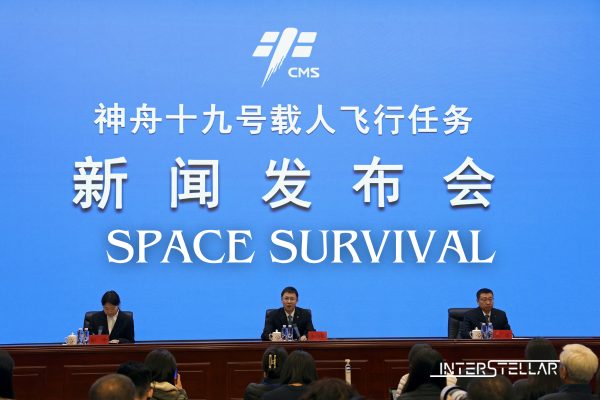Shenzhou-19 Crew Advances Space Survival Technology and Conducts Key Experiments
The Shenzhou-19 crew aboard China’s space station has made significant progress in experiments on artificial photosynthesis technology. Using specialised sampling cans, the astronauts collected and stored reactant samples for further analysis back on Earth.
This advanced technology mimics the natural photosynthesis process of green plants using physical and chemical methods. By utilising carbon dioxide from confined spaces or extraterrestrial atmospheres, it can produce oxygen and carbon-based fuels. This innovation is expected to play a vital role in supporting human survival and exploration in outer space.
Microgravity Physics and Equipment Maintenance
In the domain of microgravity physics, the crew completed several intricate tasks. They disassembled mesoscopic experiment units from the fluid physics experiment cabinet and installed new experimental sample trays. To ensure the continuity of experiments, the team also cleaned non-container experimental chambers, replaced old samples, and maintained essential components like axis mechanisms and electrodes.
Additionally, they replaced circulation pumps within the fluid loop system, a key mechanism for temperature regulation in the station’s payloads. This system supports seamless operation of space science experiments by maintaining precise thermal conditions.
In-Orbit Training and Emergency Preparedness
The Shenzhou-19 crew actively participated in professional training exercises during their mission. Using a metacognitive training system, they practised image recognition tasks under varying initial conditions for rendezvous and docking procedures.
They also conducted critical medical rescue drills and emergency evacuation exercises, including protocols for responding to potential fire hazards aboard the station. These activities underline the crew’s preparedness to handle emergencies during extended space missions.
The Shenzhou-19 mission highlights ongoing advancements in space exploration and the development of technologies critical to extraterrestrial survival and safety.
With inputs from Reuters





